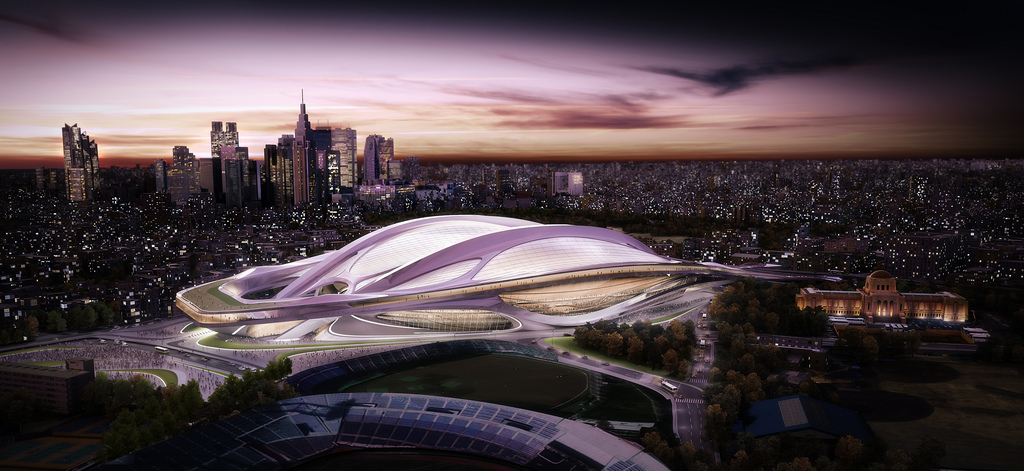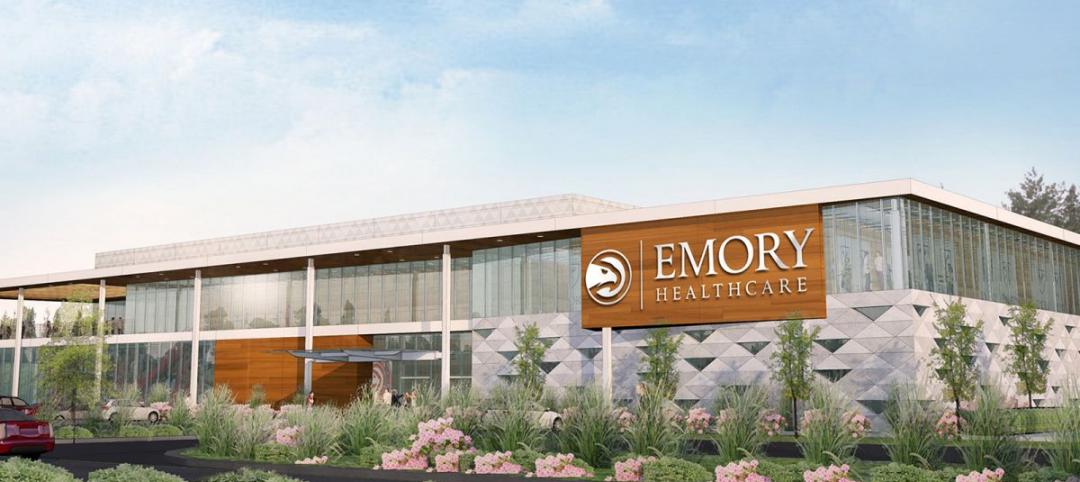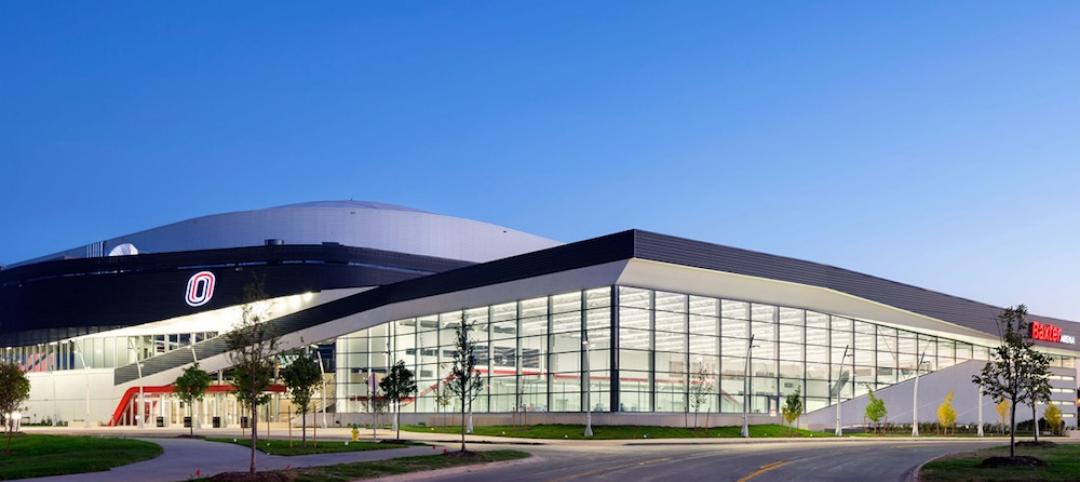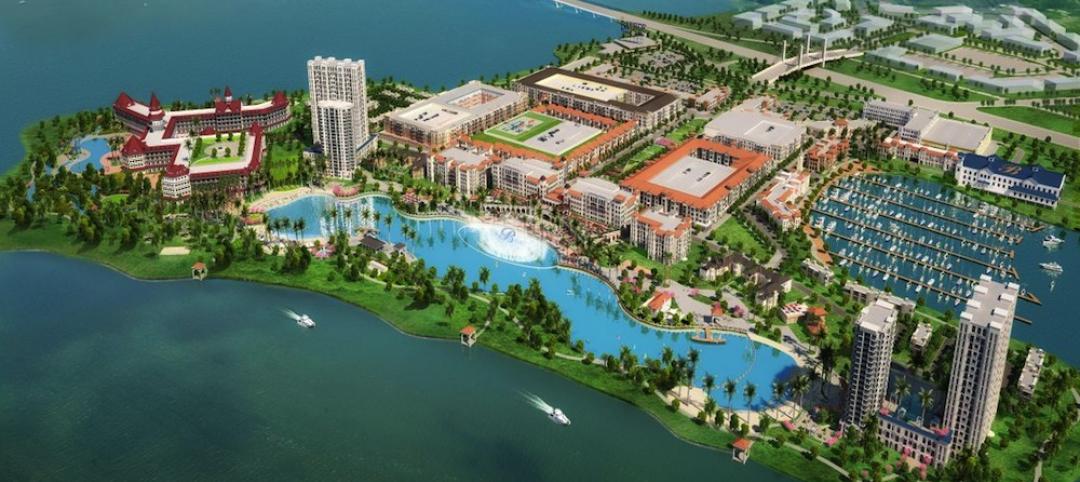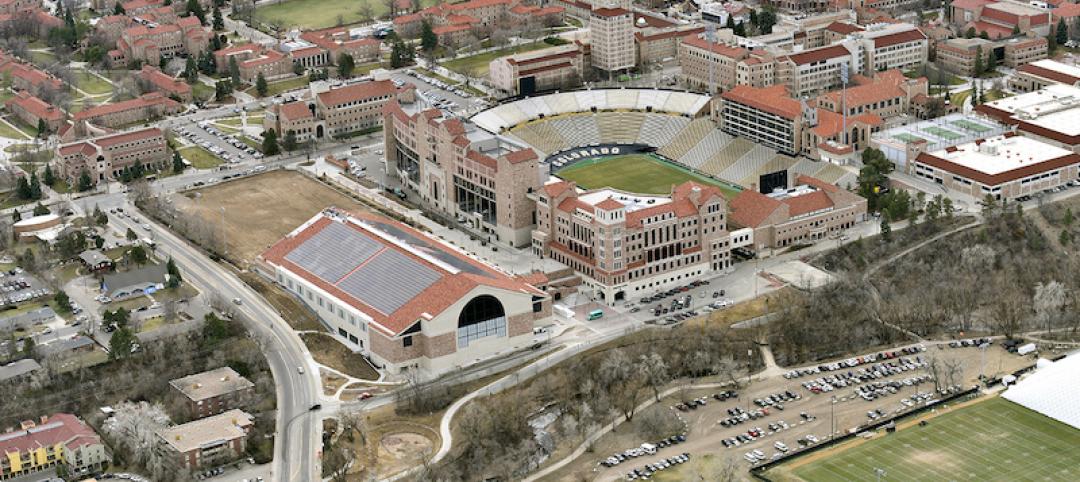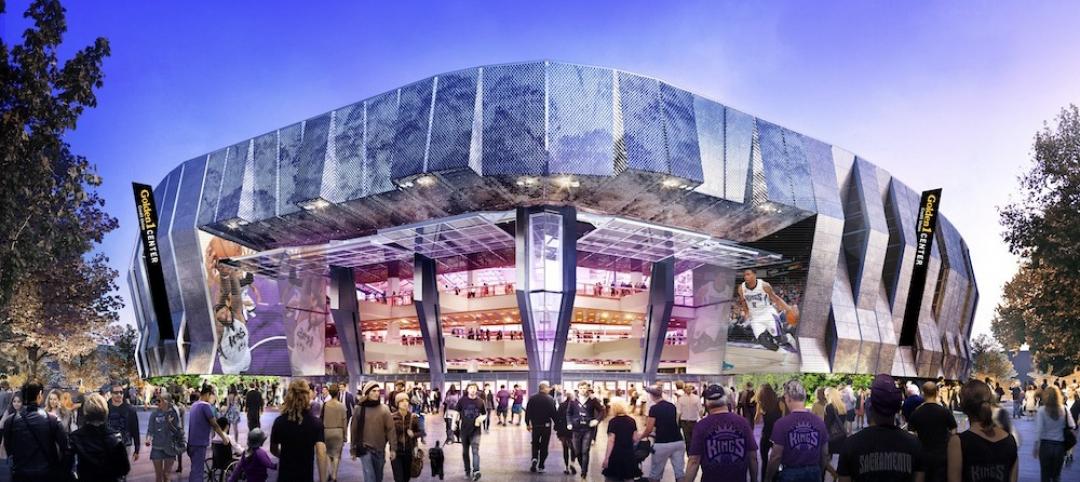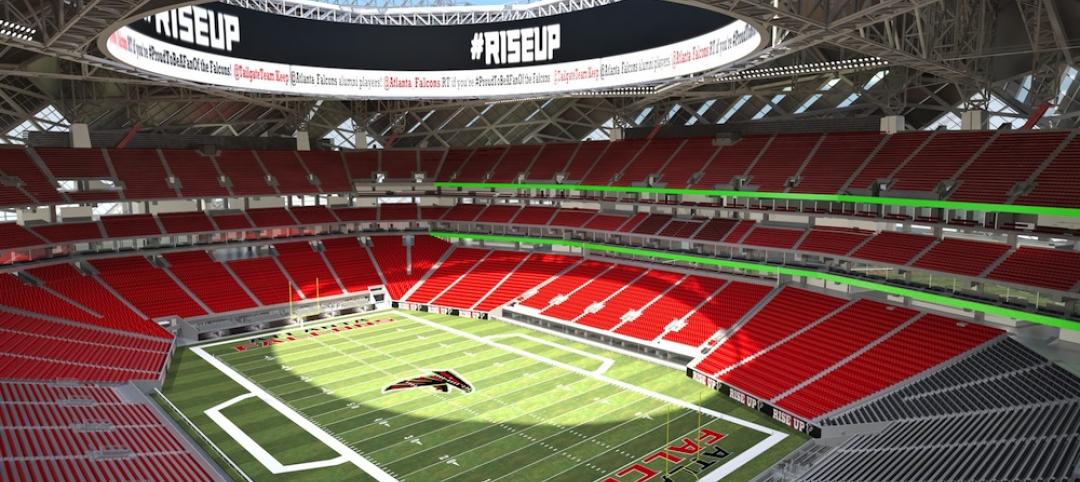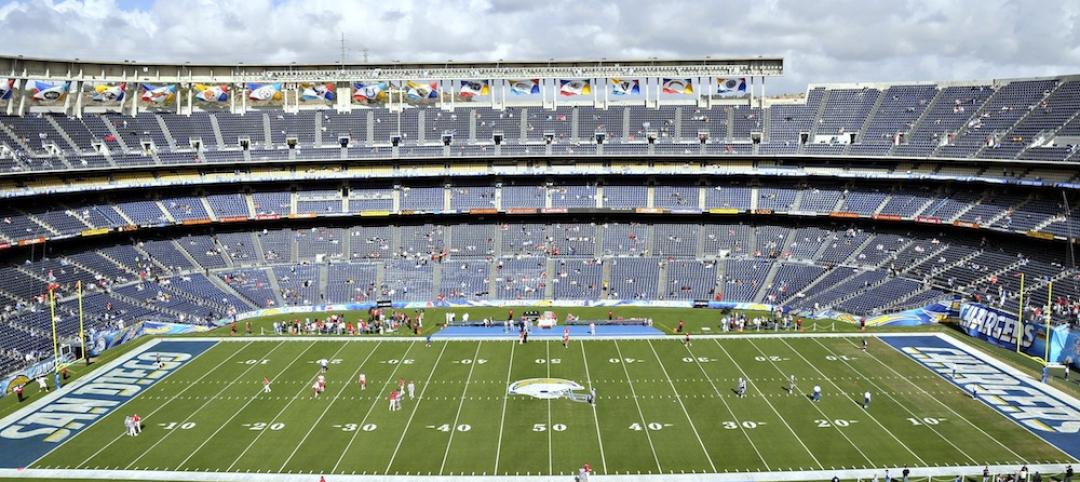Last week, Japan Prime Minister Shinzo Abe announced that the country was scrapping its plans for Tokyo's Olympic Stadium and that a different project would be started from scratch.
According to The Japan Times, the new plans have been set in motion. Construction on the stadium that will serve as the hub of the 2020 Tokyo Olympics will begin in January or February, and a first draft of the stadium's functions, along with a cost projection report, will be completed by the fall. A new design and builder will be selected as well.
Hakubun Shimomura, Japan's Minister of Education, Culture, Sports, Science and Technology, said that a third-party will look into how construction costs for the previous stadium plan grew from 130 billion yen ($1.05 billion) to more than 252 billion yen (around $2 billion).
The original stadium, an 80,000-seat retractable roof venue designed by Zaha Hadid Architects, was an ambitious project that eventually had a number of flaws. Along with the rising costs and concerns about construction delays, critics said that the stadium interfered with local green space, put a financial burden on future generations, and was unattractive aesthetically.
Pritzker laureates Toyo Ito and Fumihiko Maki started an online petition that urged the country to consider upgrading the existing Meiji Jingo Gaien Stadium instead of displacing citizens who lived around the proposed Olympic Stadium.
Shimomura said that the plan is for the new stadium to open in the spring of 2020, prior to the Olympics.
Related Stories
Sports and Recreational Facilities | May 6, 2016
NBA’s Atlanta Hawks to build new practice center with attached medical facilities
The team will have easy access to an MRI machine, 3D motion capture equipment, and in-ground hydrotherapy.
BIM and Information Technology | May 2, 2016
How HDR used computational design tools to create Omaha's UNO Baxter Arena
Three years after writing a white paper about designing an arena for the University of Nebraska Omaha, HDR's Matt Goldsberry says it's time to cherry-pick the best problem-solving workflows.
Mixed-Use | May 1, 2016
A man-made lagoon with a Bellagio-like fountain will be the highlight of a mixed-use project outside Dallas
Construction will soon begin on housing, retail, and office spaces.
Sports and Recreational Facilities | Apr 17, 2016
An expanded and renovated complex brings together U. of Colorado’s sports programs
This two-year project enhances the experiences of athletes and fans alike.
Sports and Recreational Facilities | Apr 13, 2016
Cubs take a measured approach when planning HD video boards
Along with the mammoth and super-sharp video boards, Wrigley Field's 1060 Project includes renovated bleachers, upgraded player amenities, and more concourses, decks, and concessions.
Sports and Recreational Facilities | Apr 13, 2016
More than a game: 4 ways sports teams are adapting to changing fan preferences
As the cost of tickets, parking, and concessions skyrockets, while home theater technology becomes more affordable, fans wonder: Why even bother going to the game? Here’s how progressive sports owners and Building Teams are packing stadium seats.
Sports and Recreational Facilities | Apr 11, 2016
Chicago Cubs continue Wrigley Field renovations with new clubhouse
The team found 30,000 sf of space underneath an old parking lot, nearly tripling the size of the old clubhouse.
Sports and Recreational Facilities | Apr 6, 2016
Las Vegas debuts another new arena, with a number of ‘firsts’
The gambling mecca has its eyes on attracting a pro sports team.
Sports and Recreational Facilities | Apr 5, 2016
The importance of true cost-modeling for sports facilities
Many factors prevent sports facilities from immediate profitability. Rider Levett Bucknall’s Peter Knowles and Steve Kelly write that cost modeling, the process of estimating construction expenses by analyzing fixed and variable expenses, can push facility development to financial success.
Sports and Recreational Facilities | Apr 1, 2016
San Diego Chargers announce plan for downtown stadium and convention center
The project will be funded primarily by a tax increase on hotel stays.


